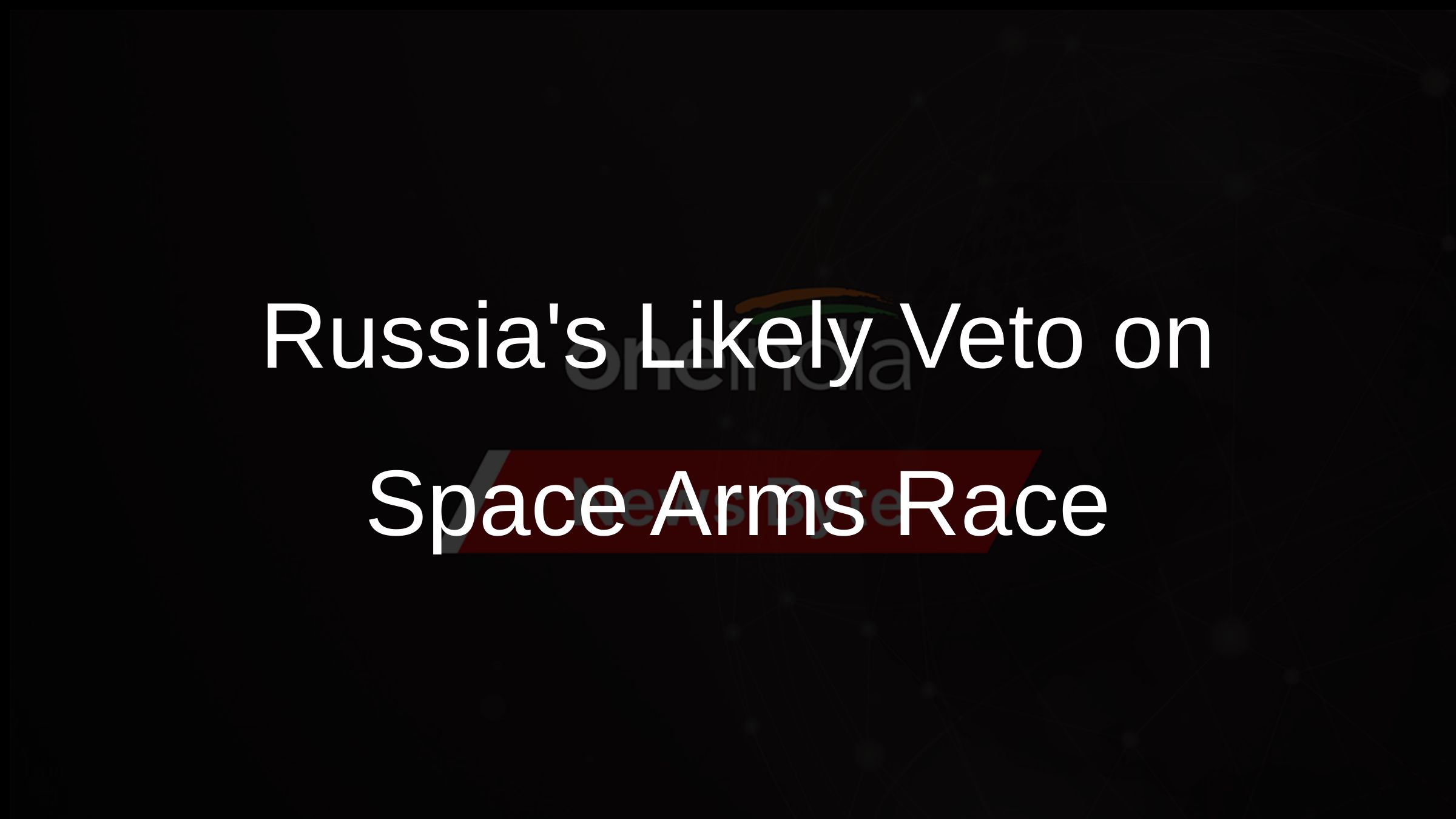Sputnik blazed a trail across the October sky
MOSCOW, Oct 3 (Reuters) For three men standing at different junctures in the history of space exploration, a beeping sphere speeding across the sky in 1957 seemed at once silly, inspiring and a harbinger of things to come.
Boris Chertok, a key developer of the Sputnik satellite, which celebrates its 50-year launch anniversary on Oct 4, said he still marvels at the significance of putting a shiny alloy ball into orbit.
''A day or two after that 'beep-beep' called out around the world, we were as excited as could be expected, but neither we nor the Soviet media understood the significance of our achievement,'' said Chertok.
Chertok and a team of engineers worked with Sergei Korolyev, the father of the Soviet space industry, in constructing the R-7 rocket as a delivery vehicle for intercontinental ballistic missiles, and saw Sputnik as an unimportant, secondary project.
''The majority of Korolyev's assistants, among whom I must include myself, out of thick-headedness and a lack of foresight, thought this was all a child's plaything, this Sputnik,'' Chertok told reporters at the Korolyev Museum in Moscow last week.
Korolyev drove his team of engineers to great lengths to put the Soviet Union into space first, ahead of the United States.
To do that, Korolyev reasoned, the Soviets would need to fly across the heavens and make themselves heard, above and beyond developing a missile that could deliver atomic bombs into America's heartland.
''Americans hawks were screaming that those who held the Cosmos in turn held the Earth,'' said Chertok, now 95 but still putting in two days a week as a consultant at Russian rocket manufacturer Energiya.
''Under the guise of creating a military presence in space, our government gave us the go-ahead for developing Sputnik.'' OCTOBER SKY Homer Hickam was in the tenth grade when Sputnik flew over his hometown of Coalwood, West Virginia, inspiring him to dream of a life outside the coalmining future that lay in store for so many of his friends, neighbours and family members.
''I was awestruck by this bright, shiny star that came across the sky with such energy, and I decided at that moment that I wanted to be part of the movement that was the whole world going in to space,'' Hickam said in a telephone interview yesterday.
Hickam went on to become an aerospace engineer at NASA, training astronauts and supervising crews for Spacelab and Space Shuttle missions.
He later wrote a memoir called 'Rocket Boys', about his life as a young man launching homemade rockets with a group of school friends that was then made into the 1999 film 'October Sky'.
Hickam said his encounter with Sputnik came full circle when he travelled to Russia as a NASA engineer to negotiate the International Space Station (ISS).
''I sat across the table from the same guys who had launched the Sputnik, and that was pretty fascinating for me.'' Hickam said the space race was far from over, and that the profit motive would eventually create another cosmic revolution, moving from the commercial launch of communications satellites into affordable space travel for the common man.
''When that happens there will be an incentive for private enterprise to build some big, bad rockets, and that's really going to carry us into space,'' Hickam said.
SPACE ADVENTURES Half a century after the Sputnik sped across the sky, space tourists are using the same technology that Chertok and his team perfected in 1957.
Catering to people willing to pay enormous sums of cash to take a ride on what may well be the world's most exclusive adventure, Space Adventures has flown five space tourists on Soyuz rockets from Russia's Baikonur Cosmodrome, leased from Kazakhstan, to join the ISS in orbit.
Soyuz rockets have the same technology as the R-7.
''I think space tourism is a bit of a misnomer,'' said Eric Anderson, CEO of Space Adventures, the only company so far that has put tourists in to space.
''I think it's private space exploration. I'm not sure that people who climb Mt. Everest are tourists either,'' Anderson said in a telephone interview from his office in Virginia.
''It changes the mindset of the last 50 years, which is that space is controlled by governments. And so it changes the public paradigm in a way that makes it possible to believe that private companies and private citizens can do it,'' said Anderson.
Anderson said space tourism will catalyse markets and attract investors, bringing costs down and injecting the kind of capital needed to create affordable space vehicles.
''I can't think of any other experience for which people are willing to pay 30 or 40 million dollars,'' said Anderson.
Chertok, who spent his professional career staring up into space as the fruits of his labour went flying by, said that looking down on the Earth from space held no interest for him.
''They wouldn't let me into space, even if I paid the 20 dollars or more million,'' Chertok said, his voice still deep, his eyes clear and his mind sharp.
''So
there's
no
way
I'd
get
up
there
anyhow.''
Reuters
PD
DB0916


 Click it and Unblock the Notifications
Click it and Unblock the Notifications




